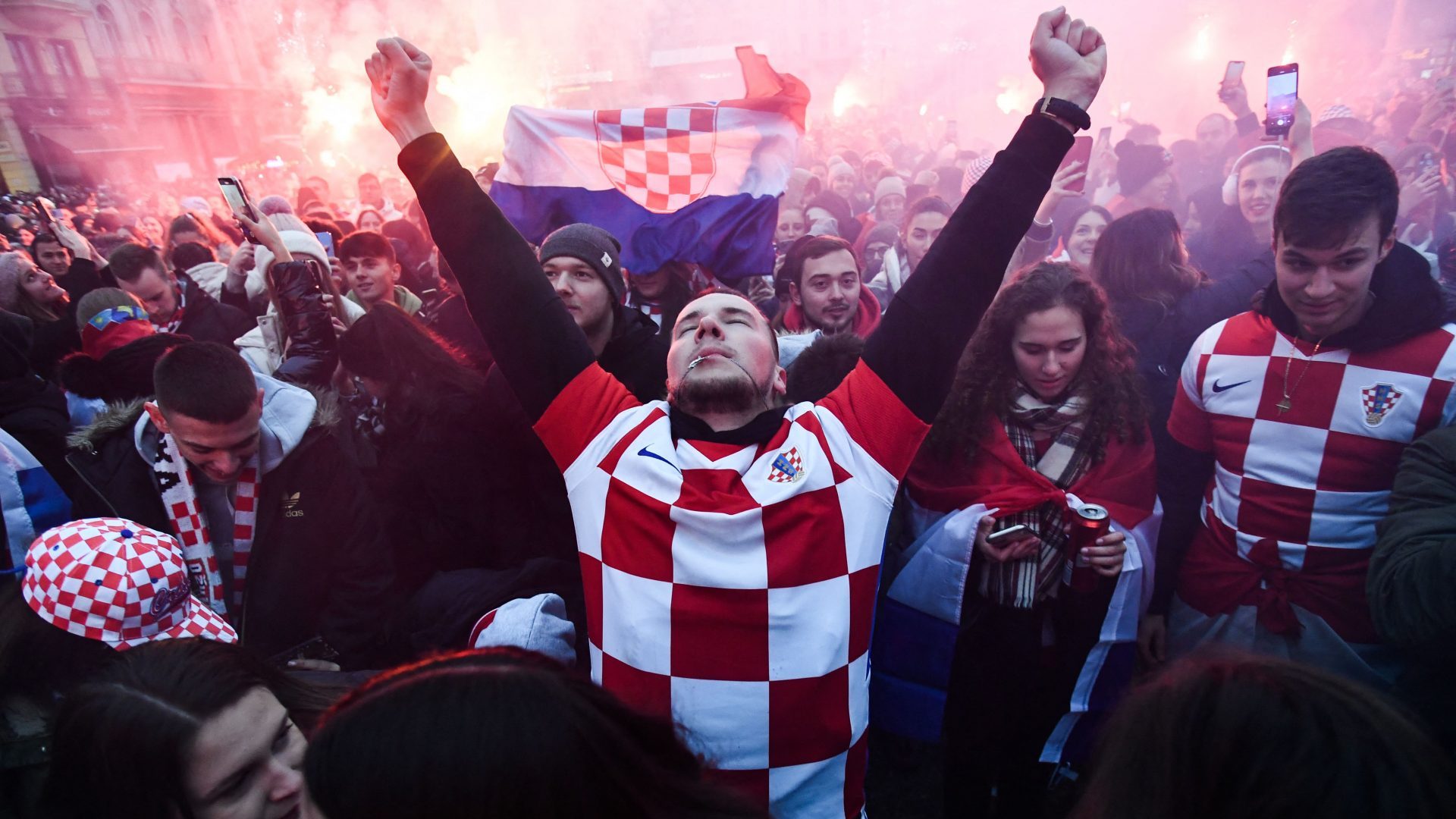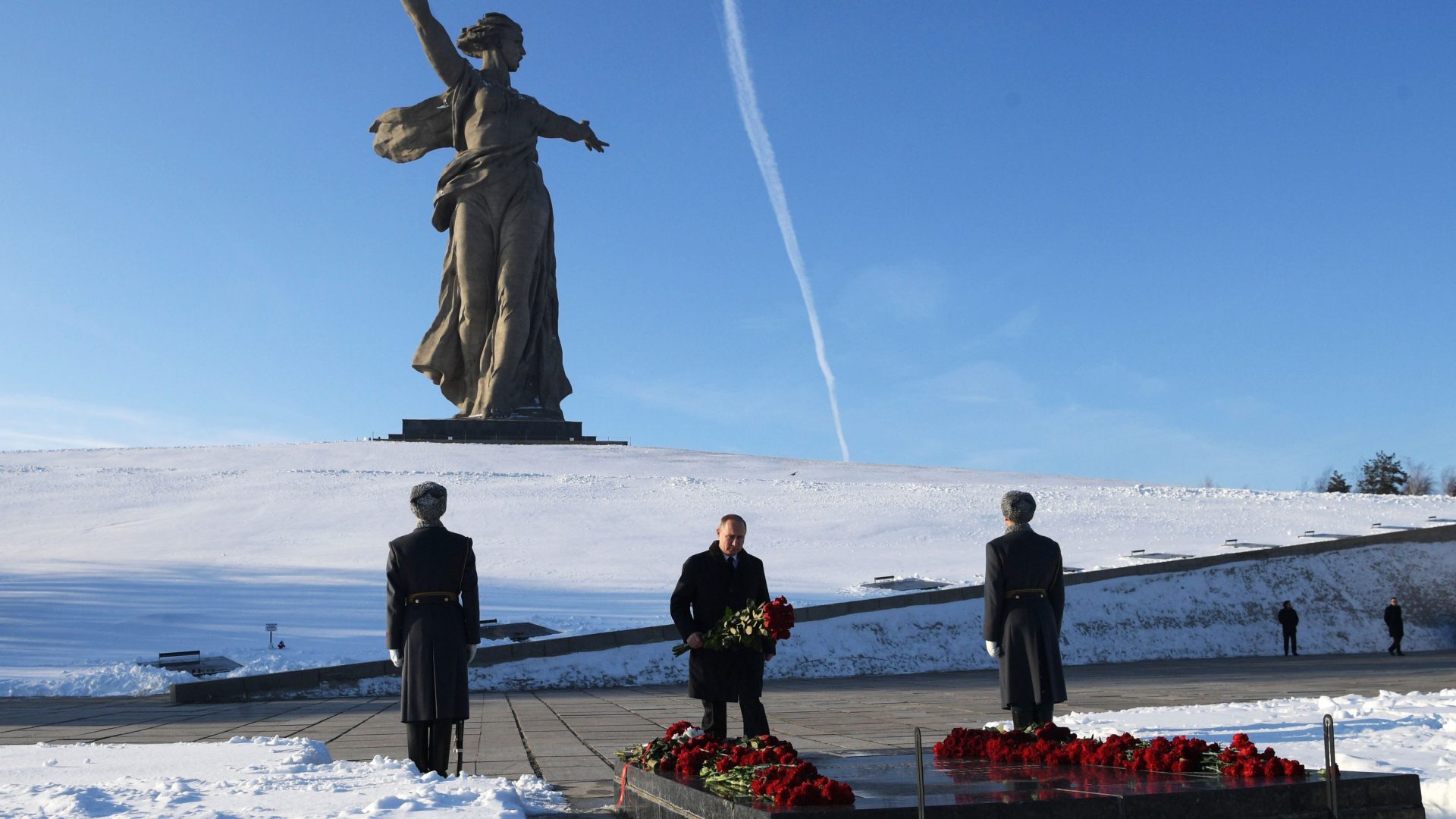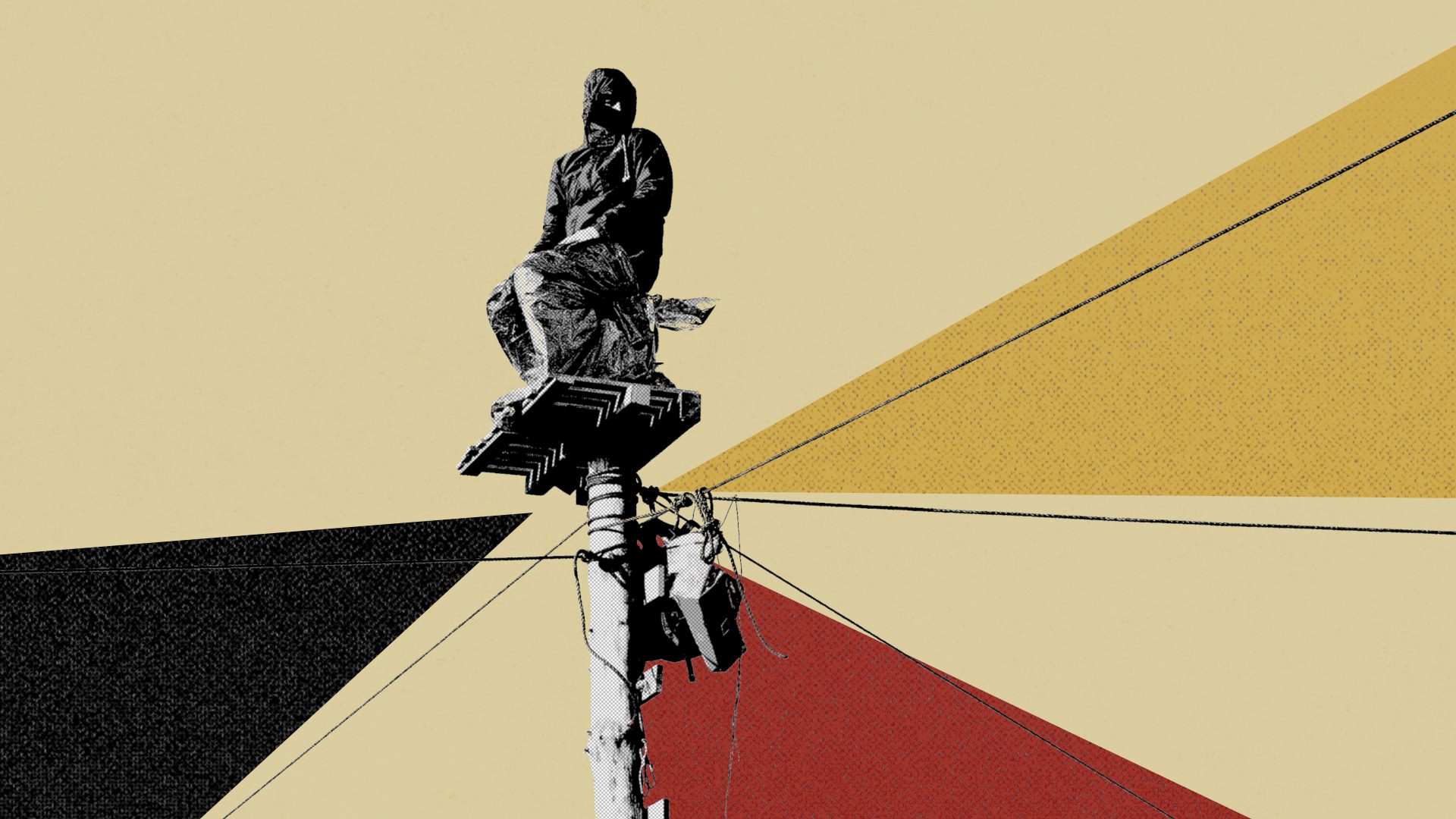At a dinner in the late 1990s in Zagreb, just after the war ended, my Croatian host argued vehemently that his country was not a Balkan nation. While using a kitchen knife to slice into ice cream and serve it in iced coffee, this young professional dismissed the geographic definition and focused on the hackneyed Balkan stereotype: backward, quarrelsome, lazy and ungovernable.
Like many others, he insisted that Croatia was more European than Balkan. And now, with the country that has finished second and third in the last two World Cups having scored a European integration hat-trick, it seems that he was right.
Within a generation, this nation of four million people has moved from a war zone to the eurozone. First Croatia joined the EU in July 2013, and then on January 1 this year, the Adriatic country completed the trifecta by simultaneously adopting the euro and entering the EU’s visa-free Schengen area, a shift that was remarkable for both its speed and extent.
“Nothing is the same after this,” proclaimed the prime minister, Andrej Plenković, at one of several ceremonies on New Year’s Day. “If there are historical moments, special moments which should provide us with great honour and when we witness the achievement of strategic goals of a state, this is such a day.”
The day was full of symbolism. At a border crossing with Slovenia, Davor Bozinović, the Croatian interior minister, raised the crossing gate at midnight for the last time as his Slovene counterpart looked on. Slovenia’s threats a decade earlier to block Croatia’s entry into the EU over a banking dispute were forgotten for the moment under freshly painted signs that declared “free entry” in four languages.
At about the same time in downtown Zagreb, Boris Vujčić, governor of the National Bank, withdrew three crisp euro banknotes – two 20s and a 10 – from a cash machine near the central bank’s headquarters. Marko Primorac, the finance minister, soon followed suit, also taking out €50, as images of Croatia-themed euro coins flashed across the bank’s neo-classical façade.
“I am glad that we showed that the ATMs are working,” Vujčić quipped before listing the benefits the country will get in joining the eurozone, including greater resilience to economic crises and greater interest from foreign investors.
Croatia can be forgiven its enthusiasm, given the singular journey that brought it to this point. The dissolution of Yugoslavia in 1991 triggered a bloody war in the Balkans that left more than 100,000 people dead and hundreds of thousands displaced. While the worst of the fighting centred around Bosnia-Herzegovina, Croatia was not spared. About a third of its territory came under the control of Serb nationalists, aided by the remnants of the Yugoslav army, and the culturally iconic old town of Dubrovnik was shelled heavily.
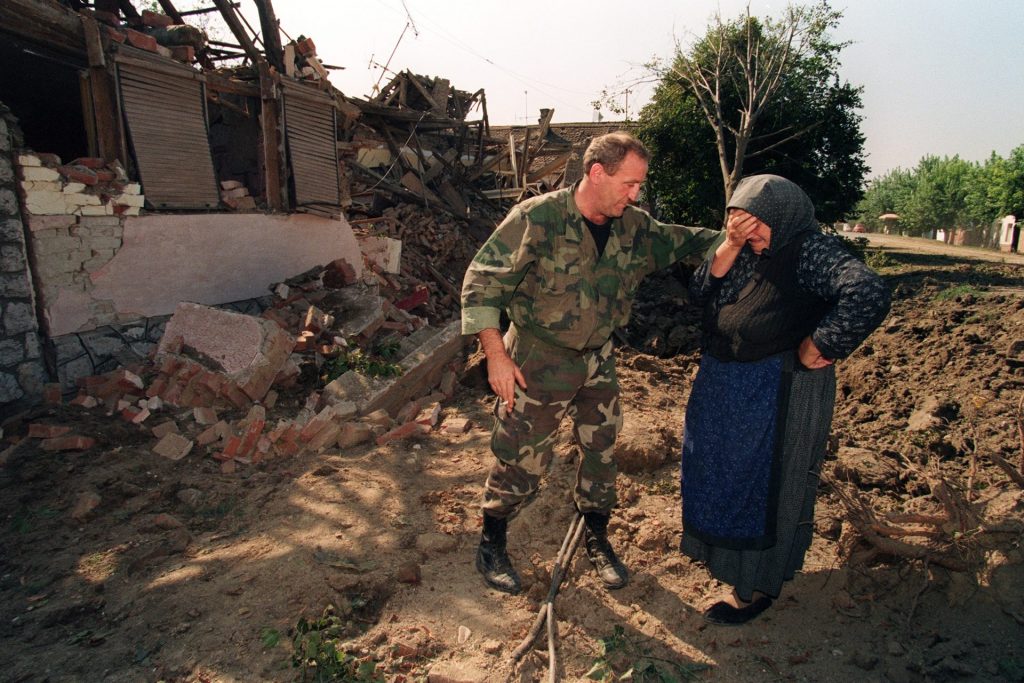
While most countries in eastern Europe were transitioning relatively smoothly from communism to capitalism, Croatia made the jump during war. Privatisation was messy, and resources, including human capital, that could have eased the switch were diverted to the conflict. After the war on Croatian soil ended in 1998, the country remained dogged by government corruption and charges of war crimes. In contrast, Slovenia, which borders Croatia to the north, was largely spared from the hostilities. A former Yugoslav republic that declared independence in 1991, Slovenia entered the European Union in 2004, a year before Croatia began formal talks to join the bloc.
Croatia’s progress in the ensuing quarter-century relied largely on the country’s ace in the hole: tourism. Even during Yugoslav times, its coastline and islands were a primary source of hard currency; a fairly open borders policy allowed droves of European tourists to drive south and spend their marks, shillings, and francs. Once hostilities ended, the sunseekers returned.
Annual foreign tourist arrivals rose from about 1.3 million in 1995 to 17.3 million in 2019, a 13-fold increase, before the first year of the pandemic threw a spanner in the works. Tourism revenues generate about a fifth of the country’s economic output. Helped by the return of tourists and also a monetary policy that kept the kuna, Croatia’s postwar currency, pegged to the euro, the economy grew in tandem. GDP tripled between 1995 and 2021.
These impressive statistics shroud the challenges the country faced as successive governments moved towards full European integration. Squabbles with Slovenia repeatedly threatened to derail Croatia’s efforts and the spectre of war crimes, though much less prevalent than those committed by Serbia, cast a shadow over the country’s reputation. In 2011, Ante Gotovina and Mladen Markač, two popular Croatian generals, were convicted by the war crimes tribunal in the Hague for their actions during the conflict and received prison sentences of 24 and 18 years. Both were later exonerated, but not without serving seven and eight years respectively.
Perhaps the greatest obstacle, however, was the enduring corruption that has persisted since the country’s declaration of independence in 1991. Damir Grubiša, then a political scientist at the University of Zagreb, wrote in 2006 that Croatia struggled with a privatisation model implemented during “unsettled political and social conditions”. The result, he said, was a process that “favoured the political nomenklatura and nationalist elite and distributed the formerly socially owned capital into targeted private hands.”
A former prime minister, Ivo Sanader, was convicted in 2020 for skimming state funds. Even the current prime minister, during his first years in office, watched as seven of his ministers left the government amid allegations of fraud or conflict of interest. Indeed, in 2021 Transparency International’s Corruption Perceptions Index placed Croatia 63rd among 180 countries, just ahead of Cuba, Romania, and China.
And finally, just as Croatia neared its goal of full European integration, first the Covid-19 pandemic and then the Russian invasion of Ukraine erected unexpected obstacles. In its first year, the pandemic devastated the country’s tourism industry, straining an economy that was already suffering from increased medical needs and business shutdowns. Along with its human cost, the war in Ukraine has added high inflation into the mix. Early in 2022, doubts were raised over whether the country would meet the criteria for eurozone entry.
Croatia crossed the finish line on January 1, when cash machines started spitting out euros, and cars started crossing into Slovenia without cumbersome border checks. It outpaced Romania and Bulgaria, both of which had hoped to be approved for Schengen along with Croatia in December, but were disappointed. Bulgaria, which was also hoping to join the eurozone, was left behind. Its hope of joining in 2024 seems weak after a 2022 EU assessment showed both its inflation and public deficit were too high.
For a country dependent on tourism, entry into the visa-free Schengen area will be the most obvious benefit. In 2019, the last normal year before Covid-19, Croatia clocked more than 17 million foreign tourist arrivals, mostly from Germany, Austria, and Slovenia, of which about 90% were by road. Schengen entry will eliminate Croatia’s notorious tourist season border queues.
Although Croatian banks have paid out €80-100m (£71-88m) to refit the nation’s cash points and other systems to handle the euro, the central bank estimates that businesses outside tourism will save more than €150m a year by avoiding currency exchange fees. Even before the switch, big purchases such as property or vehicles were negotiated in euros, although payments were eventually made in kunas.
After taking his euros out of the cash machine, the central bank governor stressed that, although there are significant benefits, eurozone entry was not a magic wand. Indeed, in the first week after the euro’s introduction, complaints rose about retailers and service providers using the transition to disguise price increases. For example, an eight-kuna cup of coffee that should be €1.09 under the official conversion rate was suddenly €1.20 or €1.30.
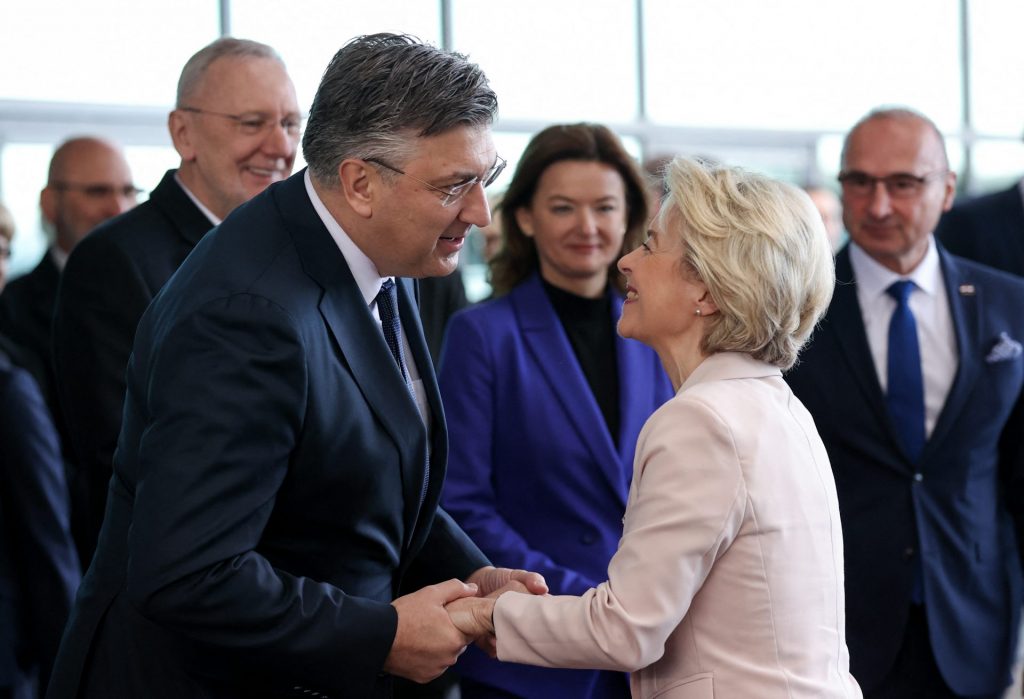
The problem led the government to warn that it might compile a “list of shame” of unscrupulous retailers, who could face penalties. “What we are witnessing in the last few days is sheer profiteering and abuse of the conversion,” Plenković said five days into the new regime. “We will counter it with strong government measures.”
While no panacea, the completion of European integration is of huge significance to Croatia – and to the EU. After Brexit, the worry was that the bloc could begin to fracture under pressure from an upsurge of Eurosceptic politics. But things have turned out very differently. Croatia’s accession to the EU, and the enthusiasm of other eastern European countries to join, shows that the opposite is in fact the case.
Roger Malone is a writer and editor based in Zagreb. His debut novel, Island at the Edge of War, is set against the backdrop of a 16th-century Ottoman attack on the Croatian island of Korčula

